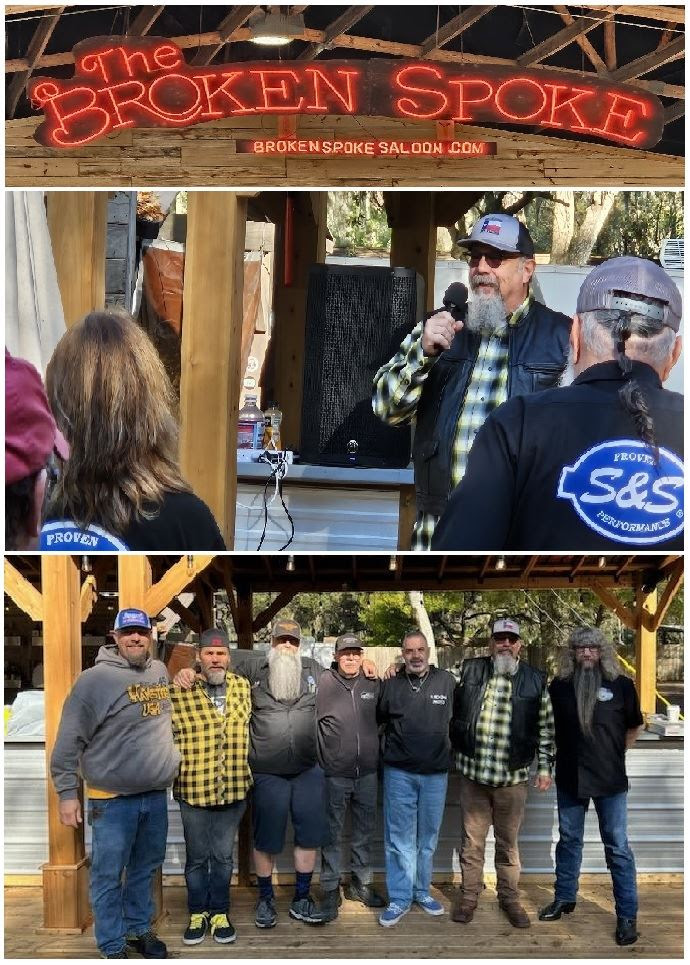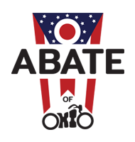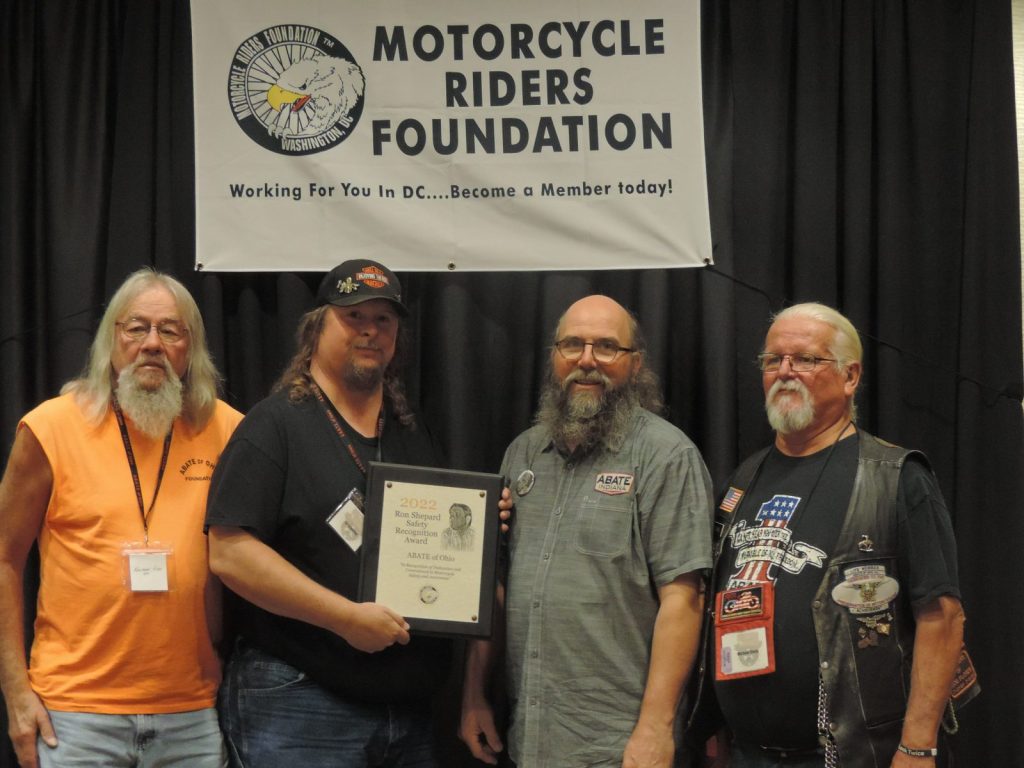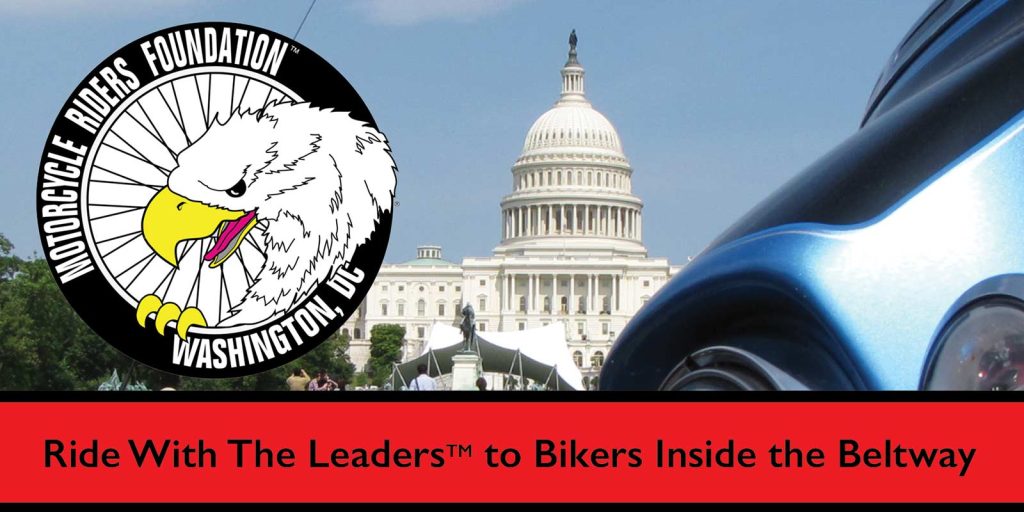On Wednesday during Bike Week in Daytona Beach, FL. representatives of the Motorcycle Riders Foundation (MRF), the Independent Motorcycle Aftermarket Council (IMA), with members of the motorcycling media present, met with an important group of involved motorcycle shop owners, parts distributors, dealers, bike builders, and non-OEM parts manufacturers from the motorcycle aftermarket industry.
In the third meeting between these groups the agenda was to share updates on the MRF’s relevant legislative initiatives to combat threats to the aftermarket industry. Topics included Right to Repair/Right to Modify, Preservation of Internal Combustion Engines, strategies to limit the close collaboration and detrimental impacts that the EPA and the California Air Resources Board (CARB) continue to force on this industry, and the concerns around a continued ability to simply remain in business.
MRF President, Kirk “Hardtail” Willard, also discussed the economic impacts to small business and this industry in particular as highlighted in the Vaughn Study the MRF Commissioned during the EPA’s “Color and Chrome” only campaigns. The draconian concepts of Vehicle End of Life Directives, recent rhetoric around making it illegal to repair vehicles over 15 years old, and most recently a plan to ban chroming beyond 2024 were also hot topics.
The IMA spoke about the costly and extremely arduous process to certify aftermarket parts, an inability to submit multiple components together, a lack of clarity or availability of the standards to meet for certification. There was a consensus that the history and heritage of motorcycling demands transparency around these standards so innovators can work to meet them. There was also frustration around the fact that a well-tuned and well-built motorcycle could get better fuel mileage and produce less emissions is either being ignored or not recognized by bureaucrats bent on regulating this industry out of existence.
IMA Chair, Bob Kay, then brought up what was on everyone’s minds at the meeting. What is going to happen with requirements to sign waivers certifying race use only to have access to performance parts, potentially providing VIN numbers on bikes with parts installed, or a check the box program to acknowledge the end use of parts. This is seen as a method to transfer liability to small shop owners that would legally put them at significant risk and the IMA does not recommend doing this without checking with an attorney.
Bob Kay went on to say in his closing statement, “The IMA is happening and will be there along with the MRF to protect the right to repair and modify motorcycles for independent shops in the aftermarket industry.”
Chris Callen of Cycle Source Magazine had this to say while encouraging anyone with an interest in the motorcycle aftermarket industry to join the IMA, “The animated conquest for freedom requires many small and sustained efforts over time to be successful.”
The time is now to join the Independent Motorcycle Aftermarket Council and get involved in saving the motorcycle aftermarket industry and end users from extinction.



